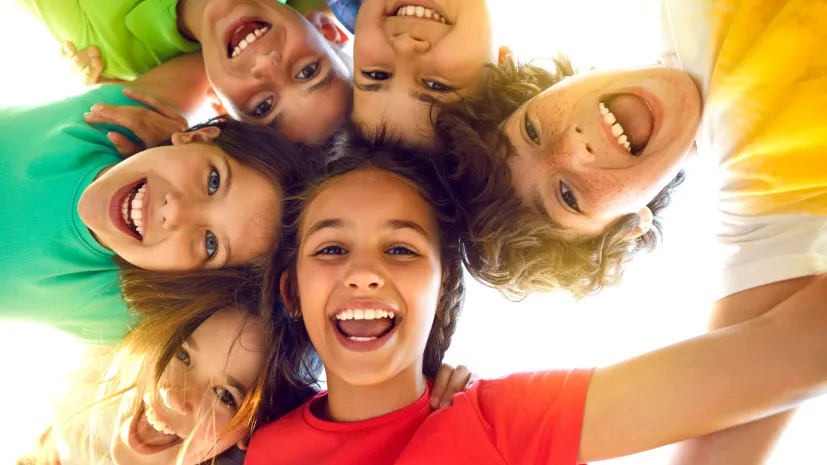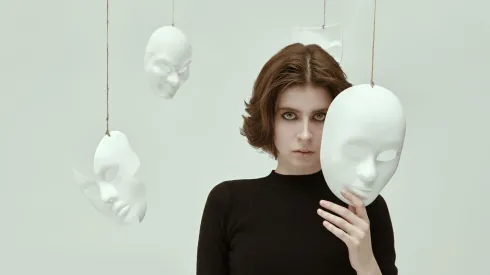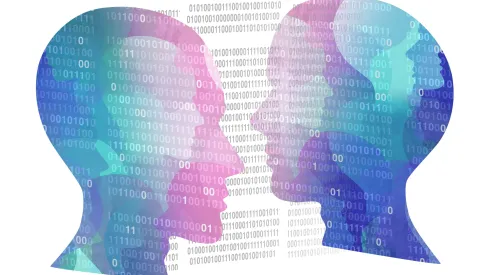
‘Letting children play is crucial for their development’, says psychologist
Self-directed play is a key component of early childhood development and should be allowed to proceed without interruption so children can create their own scenarios and practise regulatory skills, according to research led by Natalia Józefacka, PhD, of SWPS University.
-

We value honesty but consider 'prosocial liars' more moral, study finds
While honesty is widely valued, people tend to perceive so-called prosocial liars - those who bend the truth to avoid hurting others - as more moral, according to a study by psychologists.
-

Study finds many Poles struggle to recognize disinformation on social media
A recent study entitled “Are Poles Not Fooled by Disinformation?”, shows that a majority of Poles, especially younger generations, have difficulty identifying fake news on social media, highlighting the challenges of online information literacy in an era of rapid digital communication.
-

Poland’s population falls by 157,000 in 2025 as births lag deaths
Poland’s population fell by 157,000 in 2025, bringing the total to 37,332,000 at year’s end, according to the government’s Central Statistical Office. The decline represents a drop of 0.42%, or about 42 people per 10,000 inhabitants, compared with 39 per 10,000 the previous year.
-

Not everyone wants to be ‘happy’, study finds
Maximizing happiness is not a universal human goal and is far more characteristic of wealthy, educated, and democratic societies, according to a new cross-cultural study led by Professor Kuba Kryś of the Institute of Psychology of the Polish Academy of Sciences.
-

Training children’s sense of smell improves their everyday life, study shows
The sense of smell plays a crucial role in children’s daily functioning, from regulating emotions to enhancing taste, social interactions, and safety, according to Marta Rokosz, PhD, a researcher at the University of Wrocław’s Institute of Psychology.
-

Gen Z faces crisis of trust as linguistic manipulation blurs truth and falsehood, researcher says
We are observing a crisis of trust among Generation Z, making it difficult for young people to distinguish between true and false news, says Artur Urbaniak, PhD, of Adam Mickiewicz University in Poznań. However, the more knowledge people have, the harder they are to manipulate, he adds.
-

Popularity of pagan practices in Poland is growing
The number of people in Poland who consciously choose pagan religions is growing, driven in part by an interest in Slavic heritage and a search for alternative forms of spirituality, says research from the Jagiellonian University.
-

Study explains why people secretly enjoy the misfortune of others
People often experience satisfaction when others fail or suffer, particularly when the misfortune affects someone who has previously provoked them, according to research published in the journal Cognition and Emotion.
-

Using spoken and sign languages boosts focus, planning, and attention, study finds
People who use both spoken and sign languages may achieve better results in tasks requiring executive control and visuospatial attention than monolinguals and bilingual users of spoken languages, according to research conducted at the Jagiellonian University.













